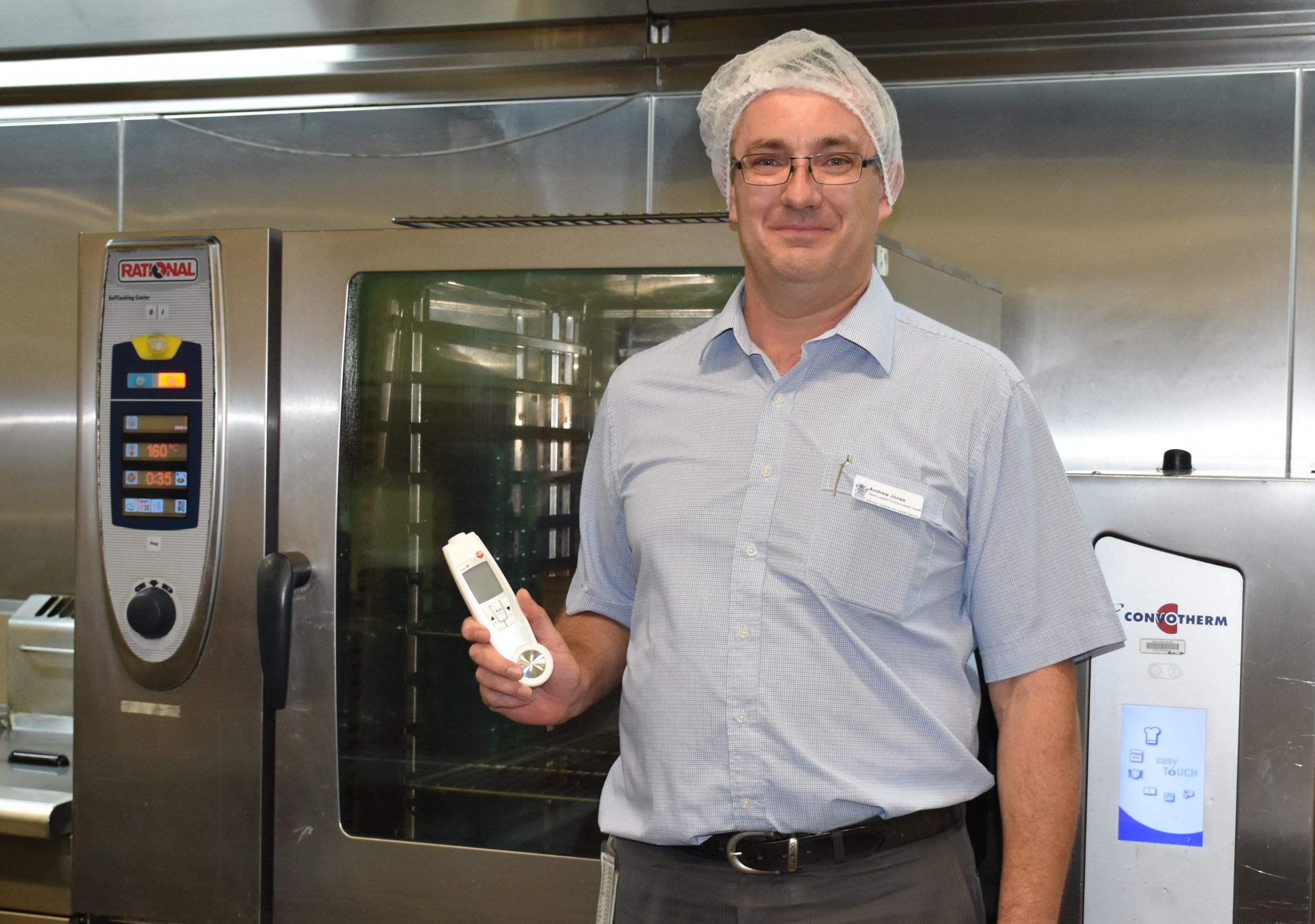It may be from the chicken that’s been left out to defrost or a cutting board that hasn’t been washed but symptoms of abdominal pain, nausea, vomiting and diarrhoea generally mean one thing – gastroenteritis.
This Australian Food Safety Week (14-21 November 2020), team leader environmental health Andrew Jones is reminding people of safe food practices and the importance of reporting and testing to confirm a foodborne illness.
“Queenslanders celebrate with food. With the festive season upon us, Food Safety Week is an ideal time for people to brush up on food safety to avoid getting sick,” Mr Jones said.
“A number of bugs can cause food poisoning, however, the two most common foodborne illnesses are Campylobacter and Salmonella.
“Year to date, there have been 247 reported cases of Campylobacter and 173 for Salmonellosis across our health service.”
Knowing how to prepare and cook food properly ensures that food does not become contaminated, and makes sure that harmful organisms are killed, or that their growth is slowed or stopped.
“Keep yourself and your family safe by cooking food thoroughly and consider using a food thermometer to check the internal temperature on the thickest part of the meat,” he said.
Mr Jones said contamination can occur when food is handled or processed by people with unclean hands, is processed with equipment that isn’t clean, or is cross contaminated by other food.
“Hygiene is important. Thoroughly wash your hands with warm soapy water before and after handling raw poultry,” he said.
“Wash all utensils, containers, cutting boards and kitchen surfaces with hot soapy water after each use.”
This year’s Food Safety Week theme ‘Food Safety – it’s in your hands’ encourages people to take food safety seriously by reporting and testing to confirm a foodborne illness.
“Foodborne illnesses vary in severity with people usually experiencing diarrhoea, nausea, vomiting, abdominal cramps or a fever,” he said.
“Most people recover within a few days with rest and fluids but food poisoning can make you seriously ill, and can be fatal in some cases.”
Mr Jones said early intervention helps to identify potential outbreaks and laboratory analysis helps identify the source of infection or contamination which may help prevent further cases of illness.
“If you suspect you have suffered food poisoning, seek medical attention and request a sample be collected,” Mr Jones said.
“If two or more cases of a similar illness are experienced after eating a common food or meal, you should notify your local Queensland Health Public Health Unit.”
General food safety tips:
- thaw food in the refrigerator or microwave
- uncooked meats should be kept covered and separated from cooked foods and ready-to-eat foods to avoid cross contamination
- do not re‐freeze food once it has been thawed
- make sure all food used is fresh and within the used‐by date
- cook all meat, chicken and eggs thoroughly
- make sure hot foods are hot (above 60°C)
- make sure cold foods are cold (below 5°C)
- cool left over food in small containers in the fridge. Food should be cooled from 60°C to 21°C within 2 hours and from 21°C to 5°C within a further 4 hours
Media Contact:
Amie Galletly| Communications Officer | 4885 6808



